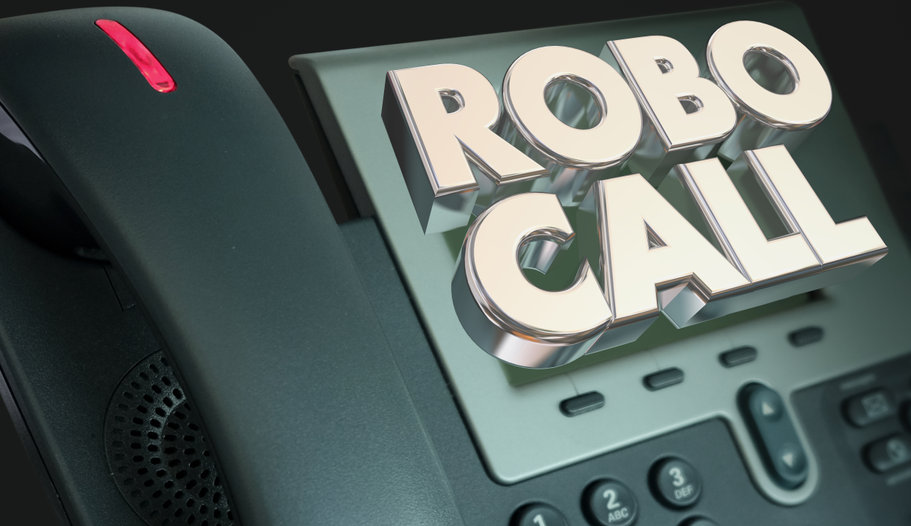“We have been trying to reach you about your car’s extended warranty.” Have you received a call like this? The Federal Communications Commission (FCC) says that auto warranty robocalls (automated phone calls) were the top call complaint by consumers in 2020. Scammers, advertisers, and other nuisances “make” billions of robocalls a year. The calls are annoying, but are they illegal?
The FCC and Federal Trade Commission (FTC) are tasked with regulating the telecom industry for consumer protection. Under FTC rules, some permissionless robocalls are legal: (1) political calls; (2) calls that are purely informational (appointment reminder, flight delays, etc.); (3) legitimate debt collection calls; (4) calls from some healthcare providers; and (5) within certain parameters, messages from charities.
The TCPA (Telephone Consumer Protection Act) of 1991 requires solicitors to honor the National Do Not Call Registry and imposes a $1,500 penalty for willful violations. The TRACED (Telephone Robocall Abuse Criminal Enforcement and Deterrence) Act of 2019 increased the maximum penalty to $10,000; extended the period that the FCC can assess penalties from one year to three; and ordered companies with modern IP-based voice networks to adopt SHAKEN and STIR technology within 18 months. SHAKEN and STIR protocols ensure that caller ID information is accurate and counteracts the ease with which fraudsters can spoof caller-ID information.
On June 30, 2021, the FCC released a statement that the largest voice service providers had met the 18-month deadline. Small service providers with 100,000 or fewer subscriber lines currently have until June 30, 2023 to implement the stricter protocols. However, the FCC is considering shortening the extension. On August 9, 2021, a bipartisan coalition of 51 attorneys general submitted a comment urging the FCC to move up the deadline to no later than June 30, 2022. The FTC has challenged tech gurus and companies help design tools that block and track robocalls.
Can I Sue Robocallers?
Yakim Manasseh Jordan and his “charity” Manasseh Jordan Ministries (MJM) are infamous for bombarding phone lines across the United States with automated calls asking for donations. In the past few years, consumers have filed at least 27 federal lawsuits against Jordan or MJM, many of them here in Florida. In 2019, a federal judge entered a default judgment against Manasseh Jordan Ministries and Yakim Manasseh Jordan for $548,000, at just under the then-maximum amount of $1,500 per violation.
Yakim and MJM used communication platform Ytel to spoof area codes, bypass carrier filtering, and use other deceptive calling tactics. In March 2020, Ytel moved to dismiss TCPA claims against it arising from the conduct of its customers. In Ytel’s view, it did not write the messages or control Jordon’s conduct, so it was not liable for his conduct. The Court rejected Ytel’s argument that common carriers are not responsible for TCPA violations, because carriers can be held liable for content on their networks where there is “a high degree of involvement or actual notice of an illegal use” and failure to prevent such use.
A Freedom of Information Act request revealed that the FCC imposed over $200 million in penalties against robocallers from 2015 to 2019. Yet, the government has only collected $6,790. The FTC is entitled to over $1.5 billion in court judgments against robocallers, but has only collected $121 million of that total, or about 8%.
How Can I Protect Myself Against Robocalls?
The implementation of SHAKEN/STIR is a step in the right direction, but it won’t end robocalls on its own. The advent of internet-based phone systems has made it cheaper and easier for bad actors to make hard-to-trace calls from anywhere in the world. Take the following steps to fight back against unwelcome robocalls:
- Immediately hang up. Don’t press any buttons or attempt to talk to the operator—that will only verify that your number is active and invite more calls.
- Never hand over personal details to an unknown caller.
- File a complaint with the FCC and FTC.


